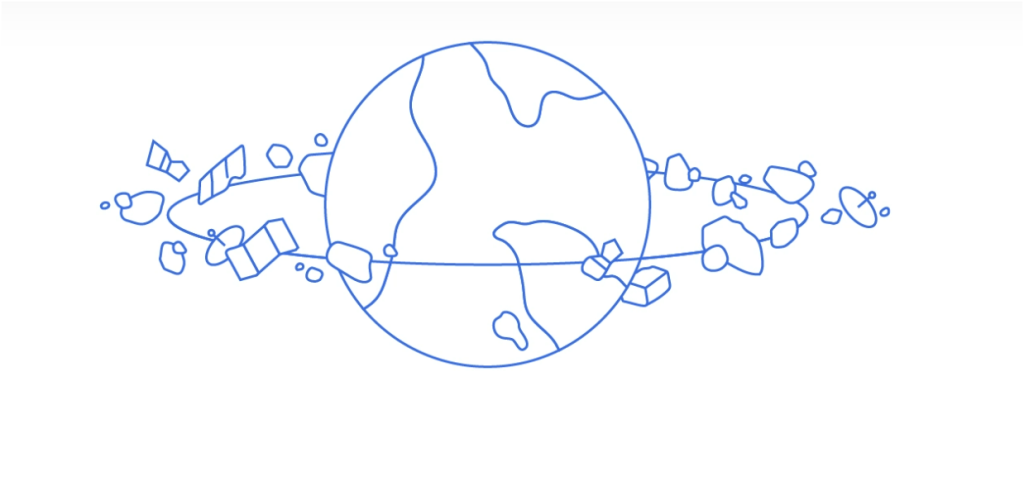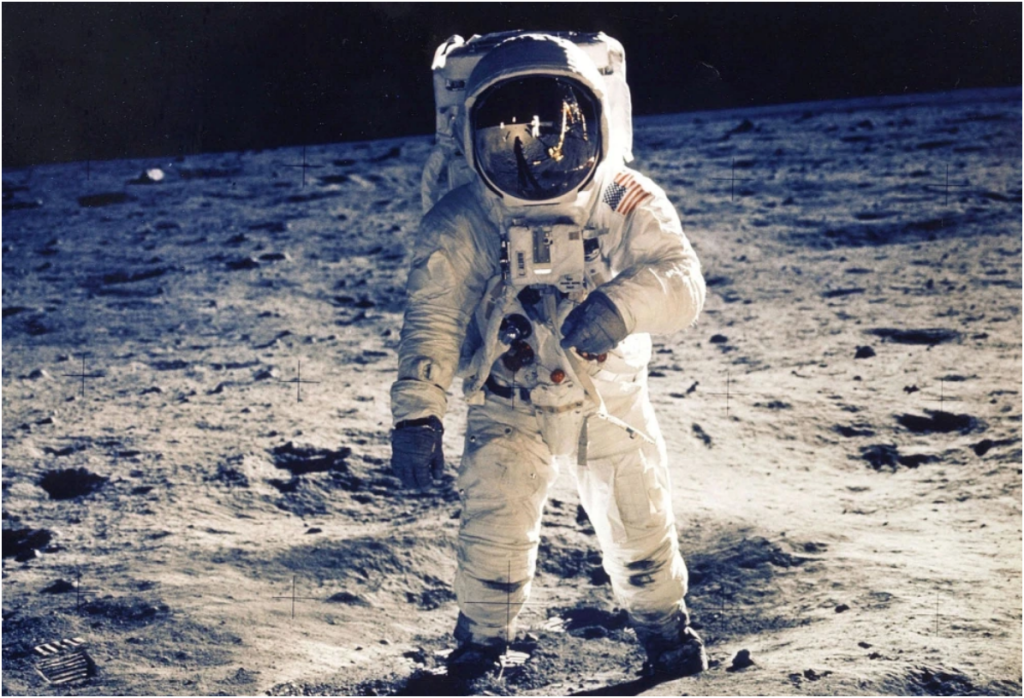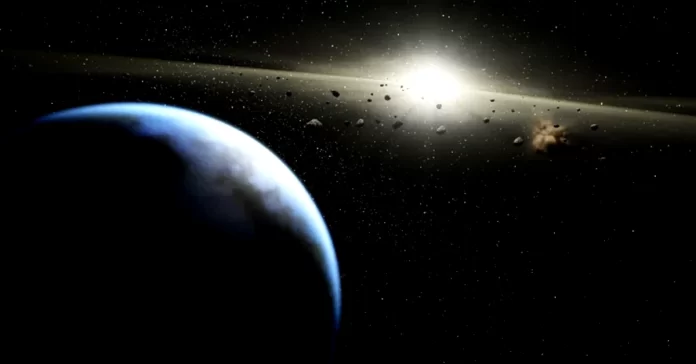Debris – NASA, as the premier space exploration agency of the United States, faces a number of potential dangers and consequences in its pursuit of scientific discovery and space exploration.

One of the most significant risks NASA faces is the potential for accidents during space missions. NASA has experienced several tragic accidents in its history, including the Challenger and Columbia disasters, which resulted in the loss of all crew members. NASA must continue to prioritize safety in its operations and ensure that its spacecraft and equipment are rigorously tested and maintained to minimize the risk of accidents.
Another potential danger that NASA faces is the impact of space exploration on the environment. NASA launches rockets and other spacecraft, which can release harmful chemicals and pollutants into the atmosphere. Additionally, space debris from discarded rockets, satellites, and other debris can accumulate in orbit and pose a threat to functioning spacecraft. NASA must take steps to mitigate the environmental impact of its operations and develop sustainable practices for space exploration.
NASA also faces significant health risks for astronauts during space missions. Astronauts are exposed to high levels of radiation in space, which can increase their risk of cancer and other health problems. In addition, the effects of prolonged weightlessness on the human body, such as muscle atrophy and bone density loss, can have lasting consequences for astronauts. NASA must continue to prioritize the health and safety of its astronauts and develop new technologies and techniques to mitigate the effects of space travel on the human body.

Space exploration has always been a fascinating and adventurous field of science that has captivated humanity for centuries. It has enabled us to push the limits of our understanding of the universe and to explore the unknown. However, while space exploration has many benefits, it also carries some dangerous consequences that must be considered. In this essay, we will discuss the potential dangers of space exploration and their consequences.
One of the most significant dangers of space exploration is the risk of accidents. Space missions involve extremely complex systems and machinery that can malfunction or fail, leading to potentially catastrophic outcomes. Accidents like the Space Shuttle Challenger explosion in 1986, which resulted in the death of all seven crew members, and the Columbia disaster in 2003, which also resulted in the death of all seven crew members, serve as reminders of the dangers inherent in space exploration.
Another potential danger of space exploration is the impact on the environment. Space debris, consisting of discarded rockets, satellites, and other debris left behind from space missions, can accumulate in orbit and pose a threat to functioning satellites and other spacecraft. Additionally, the launch of rockets and other space vehicles can release harmful chemicals and pollutants into the atmosphere, leading to environmental damage.

The long-term effects of space travel on human health is another potential danger. Astronauts who spend extended periods in space are exposed to high levels of radiation, which can increase their risk of cancer and other health problems. In addition, the effects of prolonged weightlessness on the human body, such as muscle atrophy and bone density loss, can have lasting consequences for astronauts.
Space exploration also carries a significant financial cost. The resources required for space missions are vast, and the cost of development, construction, and operation can be astronomical. This cost must be weighed against the potential benefits of space exploration, such as scientific discoveries and advancements in technology.

